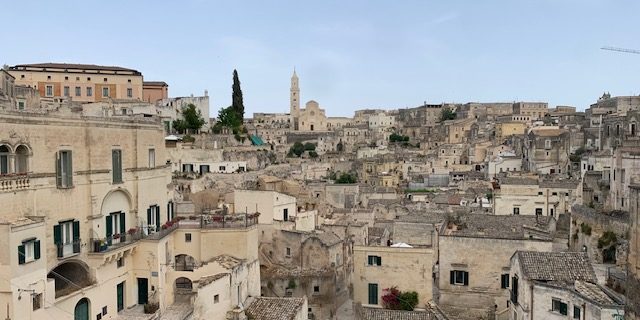
The pandemic year has highlighted the importance of religious input into economic and social decisions, as religious practices have often been the first to be limited and the last to be restored in many locations.
The G-20 is a gathering of the largest economies in the world, intended to be more inclusive than the G-7, but not as cumbersome and bureaucratically bound as the UN. They make important decisions impacting financial and economic, environmental, and social issues for about 80% of the world’s population. Lake Union PARL Director Nicholas Miller, who also serves as Director of the Andrews University International Religious Liberty Institute, is working with the Interfaith Forum to bring more religious values and appreciation for freedom of religion and belief to the G-20 process.
At the meetings in Matera, Dr. Miller and his colleagues drafted proposals for greater religious involvement in the G-20, along with greater protection for religious freedom and belief. They met and counseled with representatives of the foreign ministers group. They ended with a proposal for a plan that will be further refined in coming weeks and presented to the main G-20 meetings that take place in Bologna, Italy, this coming September.
The pandemic year has highlighted the importance of religious input into economic and social decisions, as religious practices have often been the first to be limited and the last to be restored in many locations. Proper moral policy cannot be made on economic calculations alone. The Forum is well aware of the need not to enforce religious doctrines or dogma, and are fully supportive of religious freedom. But we do believe that religious people and bodies have much to contribute to the social/moral discourse of our day.
Herald Staff